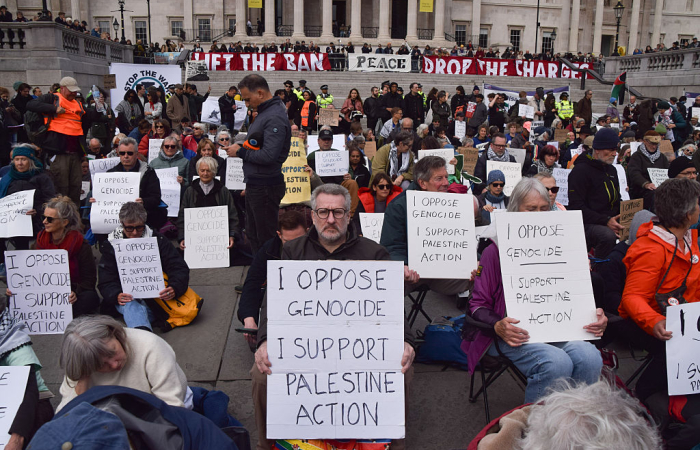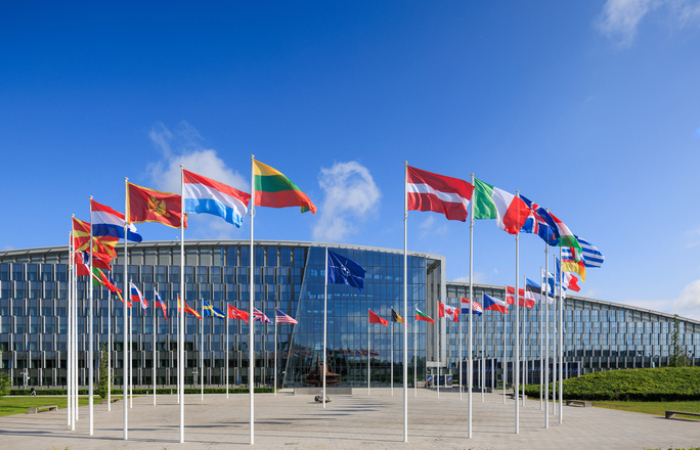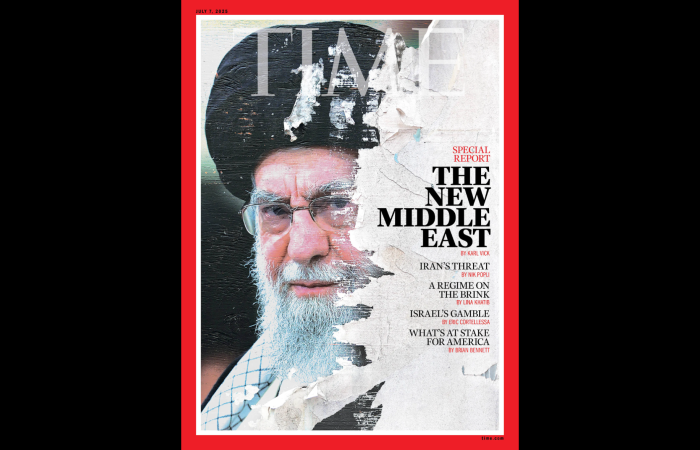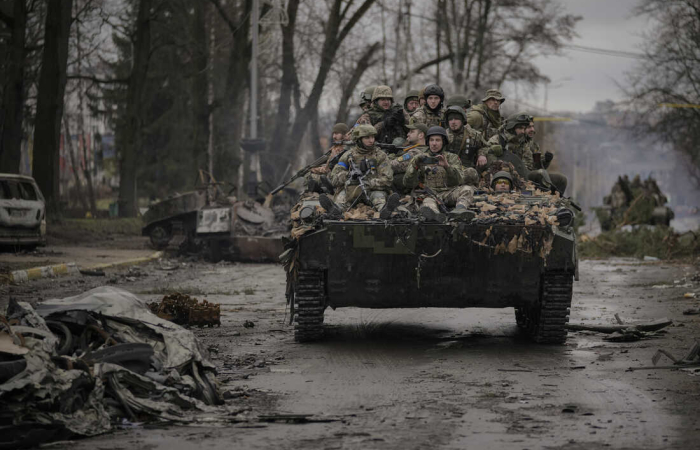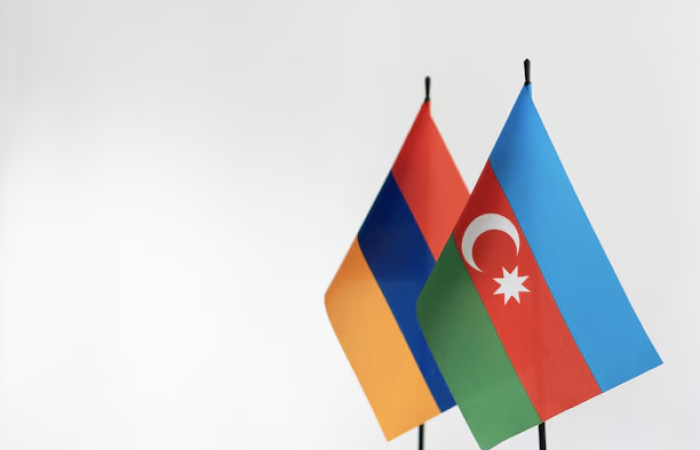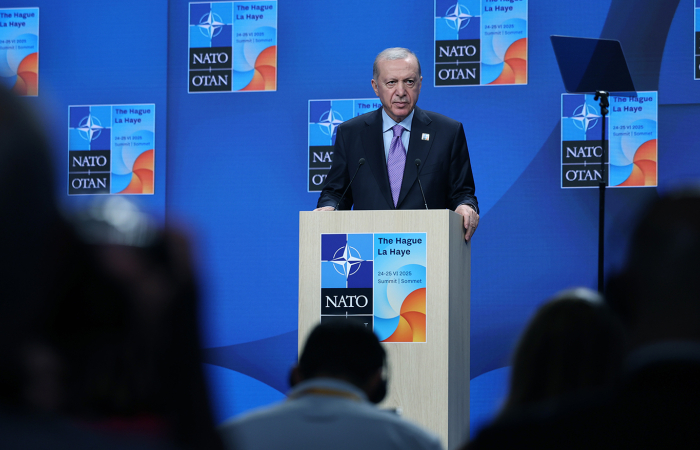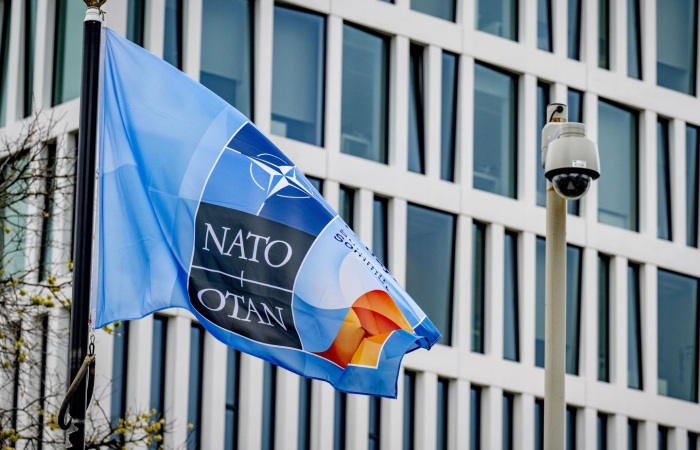Trending
Monday Commentary: Multilateralism is still the only way forward, and the EU can, and should lead
13 October 2025
Multilateralism: the concept whereby countries work together on common tasks and challenges, regardless of disagreements, seems currently out of favour. Three developments appear to seal its fate: first, the return of an emboldened Donald Trump to the White House has triggered a new phase of American particularism; second, Russia’s unprovoked invasion of Ukraine in 2022 has created a division in Europe not seen since WWII; third, increased scepticism in the Global South has seen countries or groups of countries adopting a negative view of engagement, particularly with regard to western countries. The European Union (EU) is itself an organisation built on the concept of multilateralism: 27 members states voluntarily join to pool resources and work together. It is a success story, and when someone wants to leave, it can do so as Britain did in 2019.
But the EU is a multilateralist player in in own right on the world stage, and it takes this role seriously. The European Council stated that "The European Union will remain a predictable, reliable, and credible partner and welcomes the opportunity to work together in a changing environment with all its partners, as well as with the United Nations and its agencies in driving forward the internal reform process – the UN80 initiative – to ensure that the United Nations remains effective, cost-efficient and responsive.”
The commitment is crystal clear. The question is how? It takes two to tango, and the partner of the EU on multilateralism can be China. Unlike the US, China pays lip service to multilateralism, but it actions on Taiwan, the South China Sea, Ukraine, and a lot of other issues, speak a different story. The EU needs to engage China on the multilateral agenda, but needs to do so carefully and selectively. One area were co-operation is necessary and possible is the UN. Donald Trump’s rant at this year’s UN General Assembly is not without justification. The UN needs fixing, but the US proposes to throw out the baby with the bath water.
The EU and China can fix this. Reform of the UN is a topic on which the two can work together. They should.
On multilateralism the European Union, can and should lead. It must galvanise all its resources, including civil society, a sector where the EU has a lead by far, in the process.




